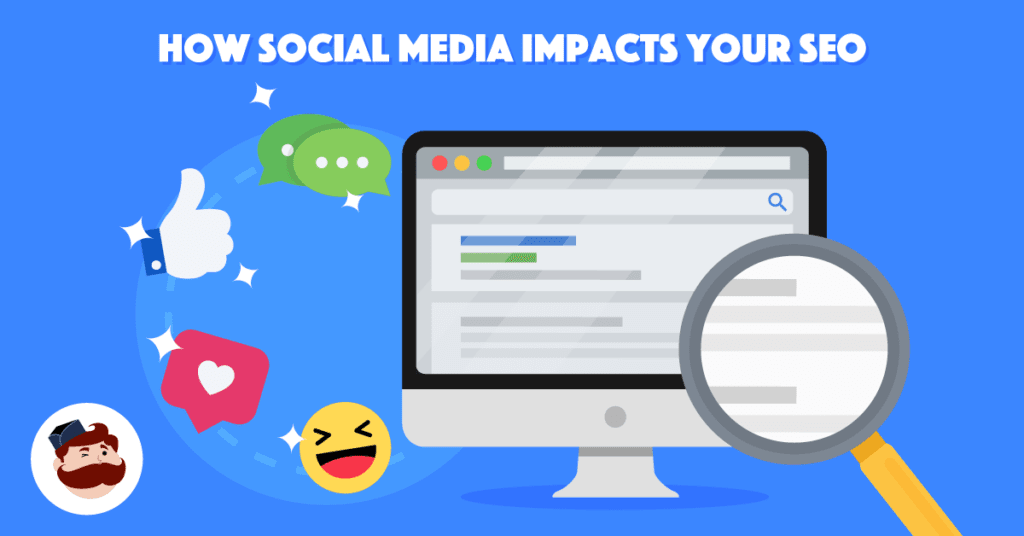social media in SEO
Social media plays an indirect yet crucial role in Search Engine Optimization (SEO). While social signals (such as likes, shares, and comments) are not direct ranking factors for search engines like Google, social media can influence SEO in several important ways:

1. Increased Traffic
- Social media platforms serve as a gateway to drive traffic to your website. When content is shared or linked from social channels, it increases the likelihood that users will click through to your site, leading to more visits. This increase in traffic can signal to search engines that your site is relevant and engaging, potentially boosting your rankings.
2. Content Distribution and Visibility
- Social media allows content to spread far beyond the initial audience. If your content gets shared widely, it can reach influencers, bloggers, journalists, or other content creators who may link back to your website, leading to backlink opportunities. Backlinks are one of the most important ranking factors for search engines.
3. Brand Awareness and Mentions
- Consistent social media activity helps increase brand awareness. When people recognize your brand and talk about it—whether through social media posts, mentions, or tags—this can result in branded search queries. Google may view these branded searches as a signal of authority, which can lead to better rankings over time.
4. Content Engagement Signals
- Engagement metrics (like likes, shares, comments, etc.) are not direct ranking factors, but they do show user interest and content quality. High levels of engagement can help search engines determine the relevance and value of your content, indirectly boosting your SEO.
5. Social Profiles and Local SEO
- Optimized social media profiles (especially on platforms like LinkedIn, Facebook, and Instagram) can appear in search engine results pages (SERPs). This increases your online visibility and can help build your authority. For local businesses, social media can also play a role in local SEO, especially when users engage with your business on platforms like Google My Business, Yelp, or Facebook.
6. Enhanced User Signals
- Search engines prioritize user experience signals such as click-through rate (CTR), bounce rate, and time on site. By driving more relevant traffic from social media to your website, you’re more likely to improve these metrics. High CTR and low bounce rates are signals that your content is useful and engaging, which can positively impact your SEO.
7. Social Media for Link Building
- Social media provides opportunities for link building through influencer collaborations, guest posts, or sharing content that can be picked up by other websites. While the links from social platforms themselves are typically “nofollow” (not passing SEO value directly), the visibility and referral traffic generated can lead to more valuable links from authoritative sites.
8. Content Freshness and Updates
- Sharing timely, relevant content on social media helps you stay current with industry trends and can make your website more likely to be linked to or mentioned in other content. Fresh, up-to-date content is something search engines look for when evaluating rankings.
9. Crawlable Social Links
- Social networks often have high domain authority, meaning links from these platforms may help to drive traffic and contribute indirectly to SEO. For example, Google may crawl and index links shared across social networks, which can help discover new content or pages more quickly.
10. Improved User Interaction & Insights
- Social media platforms provide real-time insights into what topics and content are resonating with your audience. This data can inform your SEO strategy by helping you identify high-interest keywords, trending topics, and content gaps.